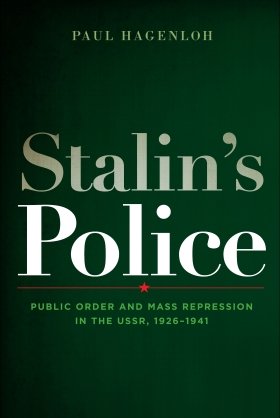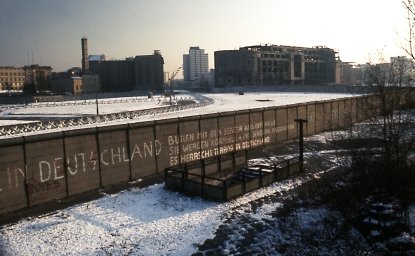“The near torrent of works attempting to reconstruct and rectify the historical record of the Stalin era continues, and this one is a worthy example.”—Robert Legvold, Foreign Affairs
“Hagenloh’s insightful and provocative examination of the Soviet police—civil (militsiia) and security (political)—fills a glaring gap in our understanding of the Stalin era.… Such a study is long overdue.”—William J. Chase, Russian Review
“This is a book that transcends disciplinary boundaries and deserves to be widely read by scholars of criminal justice.”—Matthew Light, Law and Politics Book Review
“This is an extraordinary book of cardinal importance to the history of Stalin’s USSR. Based on scrupulous original research in once secret archival documents, Stalin’s Police presents a magisterial and authoritative account of the struggles of Soviet leaders to control and manage their public.”—Peter Solomon, University of Toronto
“Stalin’s Police betrays a prodigious amount of work and knowledge and makes a great contribution to the literature on Stalinism and totalitarianism. It also helps us better understand a feature of everyday life under Stalin, namely the sweeps of arrests of targeted segments of the population and attendant insecurity and fear that those sweeps left with nearly all Soviet citizens.”—Mark Von Hagen, Arizona State University
“This is an important book, a first-class example of the current scholarship emerging from the detailed use of opened Russian archives of the Stalin era and a fascinating analysis of its machinery of policing and control.”—Mark Galeotti, Europe-Asia Studies
“This is an excellent book, and like all good books its assertions (and assertiveness) will spark controversy.”—J. Arch Getty, Slavic Review
“An impressively researched and analytically ambitious monograph on the history of Stalinist policing.”—David Priestland, American Historical Review
“Hagenloh’s sophisticated and well-researched work is valuable reading.”—Alexander Hill, Journal of World History
“Hagenloh’s study is a major contribution not only to the history of the Stalinism, but also to the history of the modern state and its uses of violence to pursue social engineering.”—Rosaria Franco, European History Quarterly




